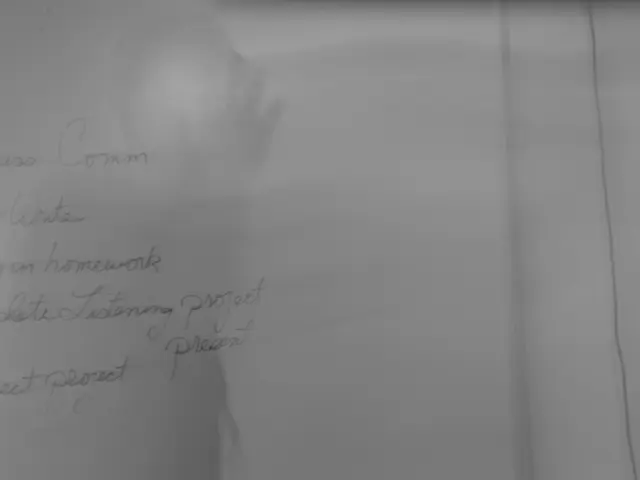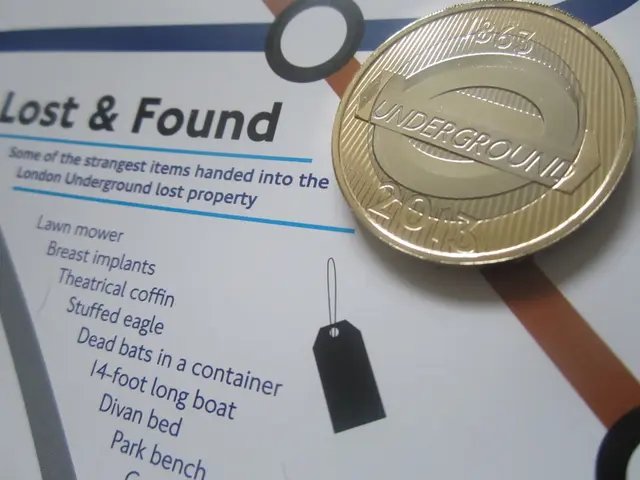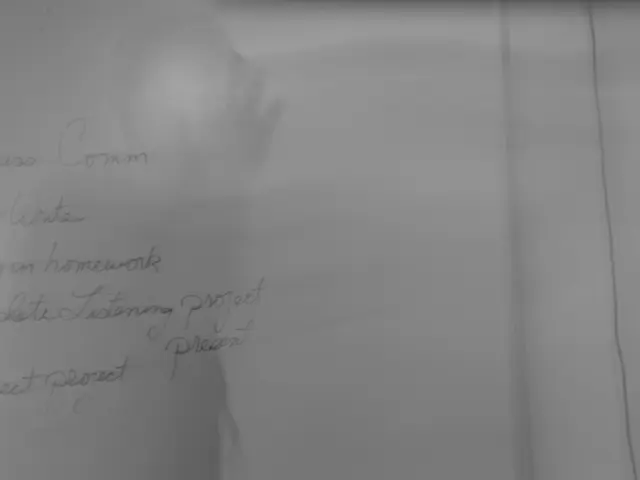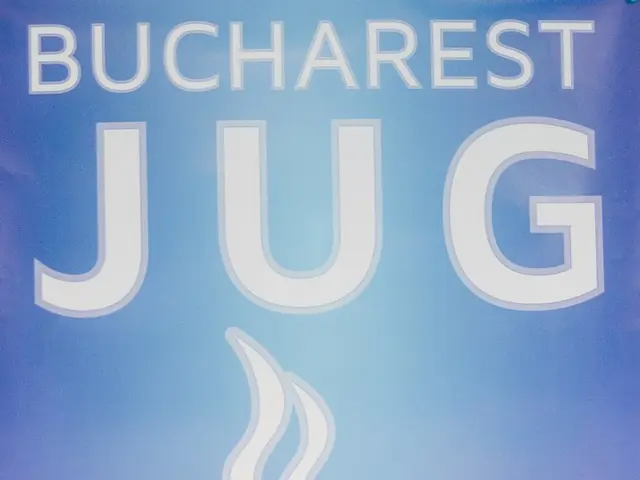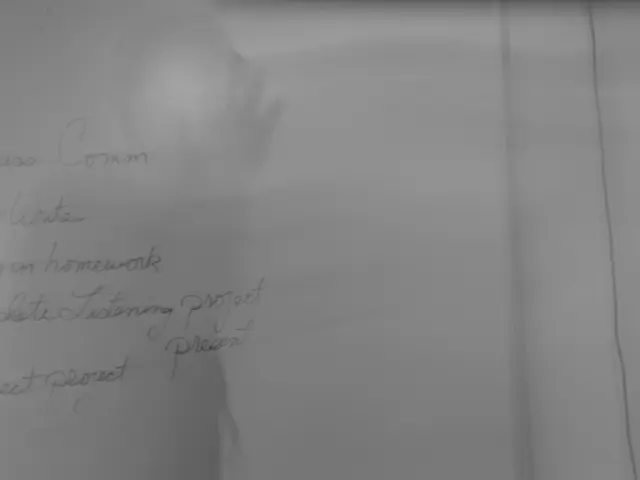The Future of Thyssenkrupp's Steel Business: A New Approach to Layoffs and Restructuring
A Fresh Approach to Workforce Reductions
Steel sector job reductions: Union and Thyssenkrupp strike accord - U.S. and European Union Engage in Dialogue
In a bid to ease job insecurity, Thyssenkrupp's steel division has pledged to move away from forced layoffs due to operational reasons. Instead, the union and the company have agreed to a collective bargaining agreement that aims to "preserve employment, locations, and the necessary investments for the green transformation," avoiding immediate job cuts[1][4][5].
Plant-Specific Developments
- Kreuztal-Eichen (North Rhine-Westphalia):
- For now, the immediate closure of Kreuztal-Eichen has been put on hold.
- A "location optimization concept" will be implemented instead, focusing on enhancing the plant's efficiency[1][4].
- A final decision regarding the continued operation of Kreuztal-Eichen is expected by 2027/2028.[1][4]
- Castroper Straße:
- The status of the Castroper Straße site is not explicitly mentioned in the recent reports[1][4][5].
- There's no clear indication of Castroper Straße's role in the current restructuring plans.
- Duisburg:
- Duisburg, Thyssenkrupp's flagship steel plant, is not on the chopping block at the moment.
- The company is exploring strategic options for the site, potentially partnering with external parties or exiting certain operations[4].
Production Capacity and Rationalization
The restructuring plan seeks to reduce Thyssenkrupp's annual steel production capacity from 11.5 million metric tonnes to between 8.7 and 9 million metric tonnes, aligning operations with the demands of the market while improving cost efficiency[4].
Key Points
- No forced layoffs: Workforce reductions will be managed through voluntary schemes.
- Kreuztal-Eichen: No immediate closure; future under review until 2027/2028.
- Castroper Straße: Not specifically addressed in latest plans.
- Duisburg: Under strategic review, with no imminent shutdown planned.
This cooperative approach represents a significant shift from mass layoffs to negotiated, socially responsible restructuring measures[1][4][5].
- The community aid for Thyssenkrupp's steel industry aims to support the workforce during the restructuring process, ensuring a smoother transition.
- The steel industry, like any other, requires aid for restructuring, and Thyssenkrupp's ambitious plan seeks to reshape its operations for sustainability.
- The restructuring of the steel industry, as proposed by Thyssenkrupp, will involve aid for workforce reskilling and retraining, helping employees adapt to the new business landscape.
- As part of the restructuring, Thyssenkrupp will invest in the energy sector, focusing on green technologies to reduce its carbon footprint and align with global environmental policies.
- In the realm of personal finance, workers affected by the Thyssenkrupp steel restructuring might seek aid from financial advisors to manage their wealth during this transition.
- The aerospace industry will benefit from Thyssenkrupp's restructured steel products, as the company intends to focus on high-tech applications in this sector.
- The Thyssenkrupp steel restructuring plan also includes a focus on manufacturing, aiming to optimize processes and improve overall efficiency.
- The trading of Thyssenkrupp's shares might be influenced by news about the restructuring, attracting investments from finance-focused businesses.
- The real-estate sector may see an impact as well, with potential changes in property values around Thyssenkrupp's steel plants due to the restructuring.
- The politics surrounding war and conflicts could play a role in the Thyssenkrupp steel restructuring, as policy-and-legislation and general-news outlets scrutinize the company's moves in the global market, and crime-and-justice aspects are assessed to ensure fair labor practices are being upheld.

